What do you think?
Rate this book


653 pages, Paperback
First published April 30, 2009
Suppose within each book there is another book, and within every letter on every page another volume constantly unfolding; but these volumes take no space on the desk. Suppose knowledge could be reduced to a quintessence, held within a picture, a sign, held within a place which is no place. Suppose the human skull were to become capacious, spaces opening inside it, humming chambers like beehives.
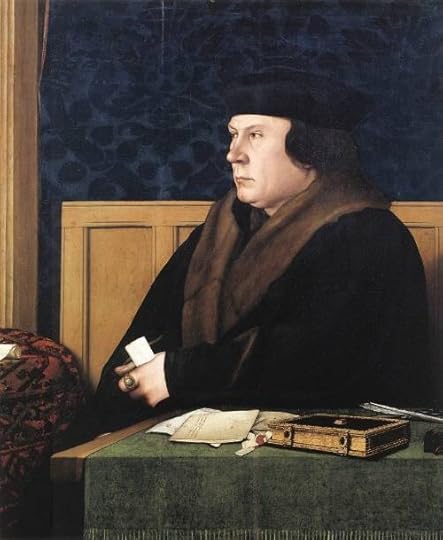
I'm 'Enery the Eighth, I am,
'Enery the Eighth I am, I am!
I got married to the widow next door,
She's been married seven times before
And every one was an 'Enery
She wouldn't have a Willie nor a Sam
I'm her eighth old man named 'Enery
'Enery the Eighth, I am!
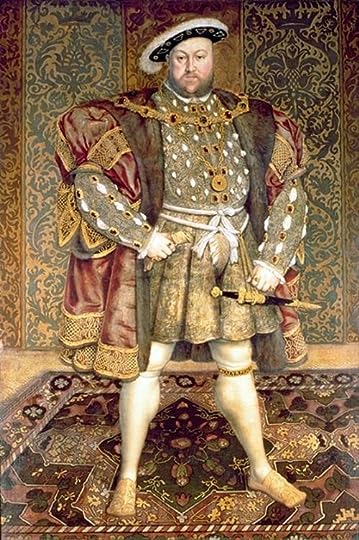

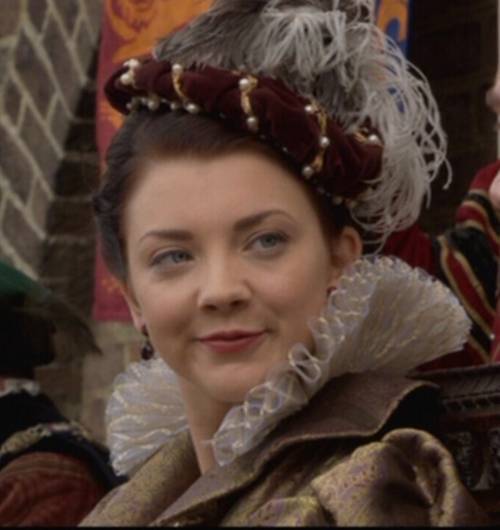


The fate of peoples is made like this, two men in small rooms. Forget the coronations, the conclaves of cardinals, the pomp and processions. This is how the world changes: a counter pushed across a table, a pen stroke that alters the force of a phrase, a woman’s sigh as she passes and leaves on the air a trail of orange flower or rose water; her hand pulling close the bed curtain, the discrete sigh of flesh against flesh.Uneasy lies the head that wears the crown…but really, crown-wearers seem to have little difficulty with fabrication. Do they mean lie, as in lying down? I mean I would take it off before going to bed. It might get pretty uncomfortable trying to sleep with that thing still on. Wouldn’t it be more accurate to say uneasy “sits the head that wears the crown,” although that creates in my tiny mind an image of Mister Potato head, with legs and feet. You know you want to see that, so go ahead. I’ll wait. How about uneasy stands the head… , but, oh, see Mr Potato head referred above. So I guess we will leave that one alone, as, clearly, it could be worse. In any case, as uneasy as that head might be, it is clearly more dangerous to anyone who has anything at all to do with the head that has the crown on it. Chopped tops are practically bounding down the streets like bulls in Pamplona. Of course there is the attraction of the power that emanates from the golden circlet. It seems to radiate a glow and a hum that attract the dishonest, the rapacious, seducers, flatterers, scoundrels and hypocrites in far greater numbers than the sort of person Diogenes was looking for, and many of them make moth-like crackling noises as they drift in a bit too close.
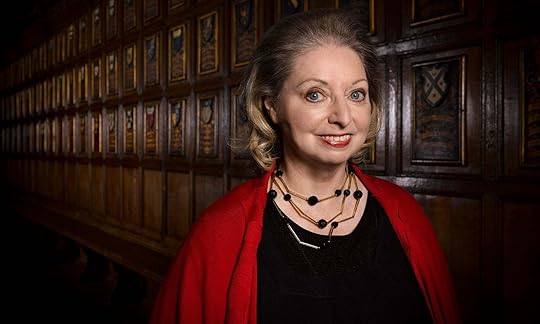
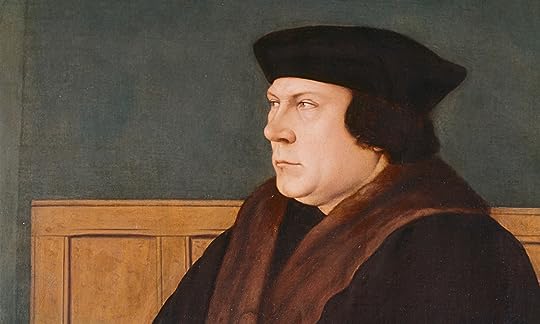



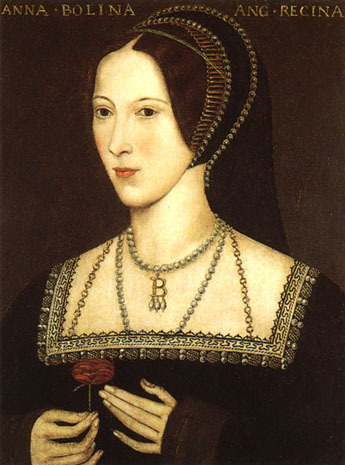



He has no doubt there are parallels between Cromwell’s time and our own. “Although we’re not ruled by a sociopathic 14-year-old king, we seem to be ruled by a group of people who are completely in the service of corporations as much as the kings were in the service of the pope before Cromwell and Henry VIII changed the times.”I included a link in the body of the review, but in case you missed it Dominic Selwood of the Telegraph has a dark view of TC - Thomas Cromwell was the Islamic State of his day
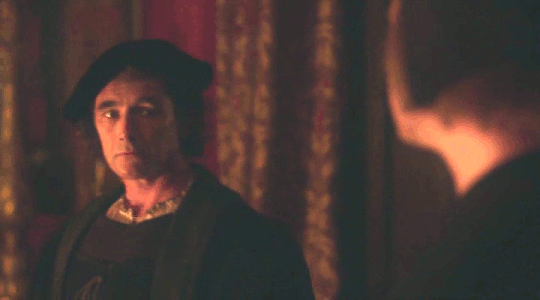
 come to my blog!
come to my blog!He thinks, I remember you, Thomas More, but you didn't remember me. You never even saw me coming.
 , due out in March 2020.
, due out in March 2020.